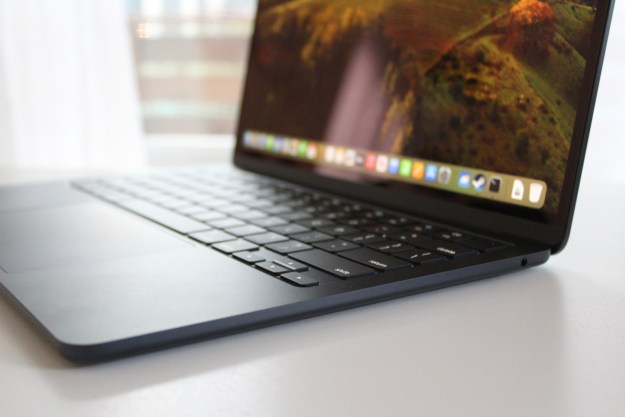New (and somewhat contradictory) reports from OneStat and NetApplications Market Share analyzing Web browser utilization find that Internet Explorer continues to dominate the Web browser scene, but that Mozilla’s Firefox is gaining ground, particularly in the U.S., and other alternative browsers are hanging on or even growing their market shares.
NetApplications’ data comes from analysis of some 40,000 URLs covering U.S. sites; OneStat conducts daily samples of over 2 million visitors from 100 countries; so, their base data are substantially different, so it’s no surprise the analyses don’t agree on all points.
In the United States, NetApplications finds that FireFox has been able to climb as high as a 14 percent market share, although figures for January 2007 are down to 13.67 percent. Apple’s Safari Web browser—bundled with Mac OS X—saw even stronger proportional growth, jumping from 3 percent of all Web surfers in January 2006 to 4.7 percent in January 2007. These gains in the U.S. market come at the expense of Internet Explorer, which NetApplications found to have declines by 6.5 percent from January 2006 to January 2007; however, it still represents nearly 80 percent of the browser market in the United States.
OneStat found that Internet Explorer occupies a slightly more-modest portion of the U.S. browser market, being used by 78.13 percent of U.S. Web users, which would be a year-on-year decline of just 3.3 percent. Over the same period, OneStat found Firefox climbed 14.3 percent to 16.11 percent of the total market, while Safari inched up 3.7 percent to 3.68 percent of the total market in January 2007—a share lower than what it occupied in May 2006.
Worldwide, however, OneStat found IE’s place is secure, with no significant change in it’s 85.8 percent market share between January 2006 and January 2007. Firefox saw a 4.1 percent growth in that period, while Apple’s Safari worldwide share is reported to have actually dropped by 12.7 percent to a mere 1.64 percent of the global browser market.
The discrepancies between the two assessments of browser market share can be attributed in part to the nature of the studies’ source data, but also to the nature of the world computer market. In the U.S., Firefox seems to largely be converting users away from Internet Explorer; in the world market, IE seems to be holding steady even as the market expands, so Firefox’s gains probably come at the expense of other alternative browsers for Windows. The discrepancies between U.S. and world markets for Apple’s Safari might be attributable to PC sales (legal and otherwise) are booming in markets like China and India where Apple has no significant presence. Although the raw number of people using Safari worldwide is probably increasing (since Apple is moving lots of computers lately), their numbers aren’t expanding as fast as the global Internet-surfing population.
Editors' Recommendations
- The 6 key things Apple must fix in the next version of macOS
- How to change the login picture on a Mac
- How to customize mouse gestures on Mac
- How to find a Wi-Fi password on Mac
- How to forget a network on a Mac


